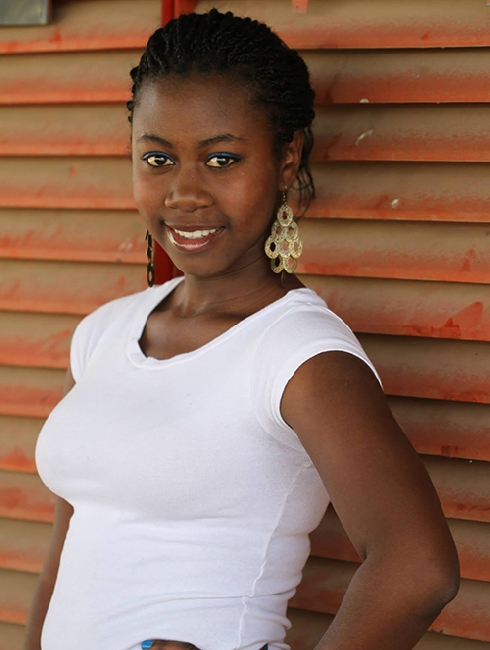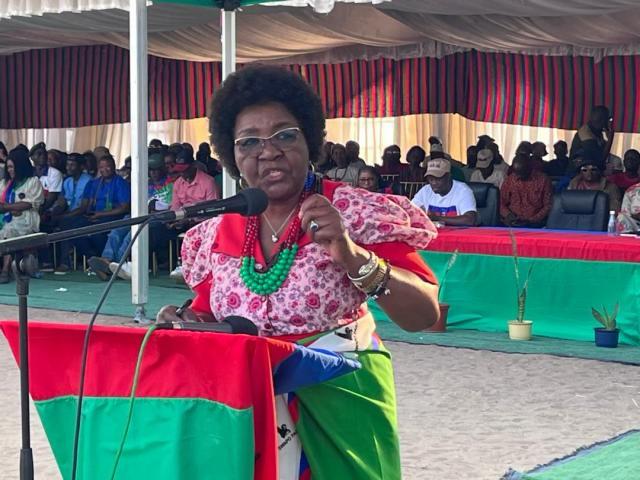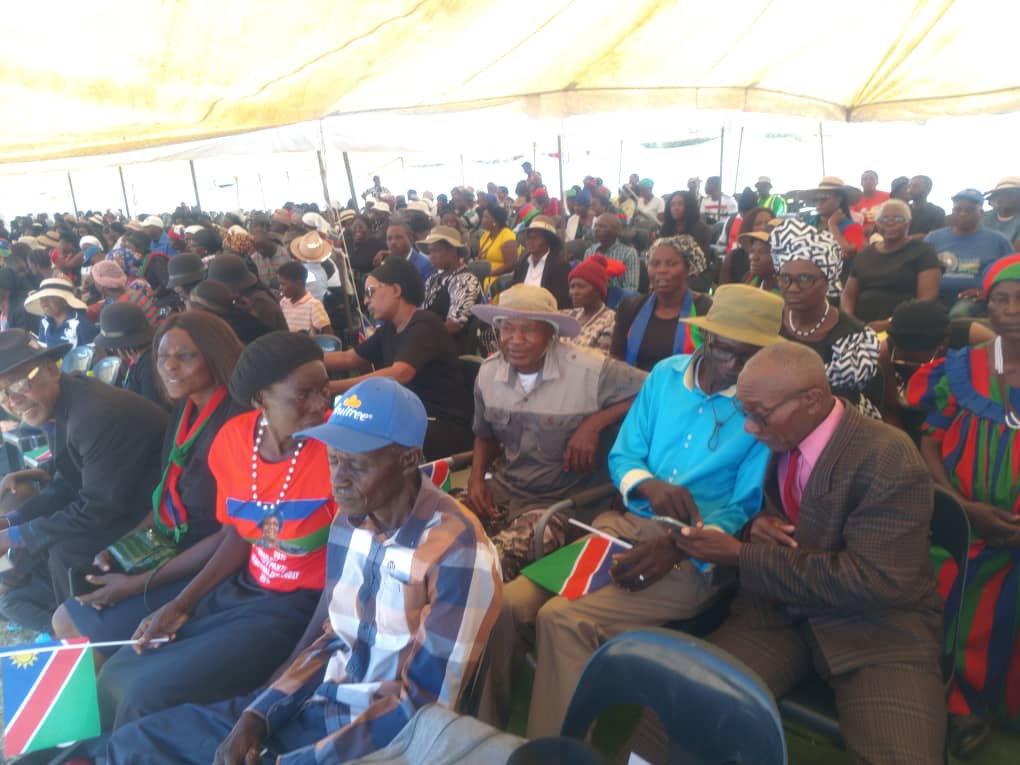WHILE healthcare practitioners will tell you that a crying feverish child with diarrhoeal disease, a running tummy and moderate dehydration is just as common to the emergency department as the middle–aged citizen with an abscess is to the primary healthcare centre or clinic,
or as common as a chronic schizophrenic is to the psychiatry ward, it is really the areas of towns and cities that these patients originate from and the demographics and social histories they give that ask questions of their own.
Why do the majority of children die of diarrhoea in developing countries? If his parent had been able to have access to clean water to wash the baby’s feeding bottle, would the baby be here today? Would this patient have these abscesses if they bathed more regularly?
Why then is poverty still a barrier to healthcare? Why is poverty the first nail in your coffin? Even in a country like Namibia where access to healthcare is practically free, it goes without saying that there is a need to revisit the reason behind the chronicity and recurrence of such cases.
The reality is that poverty has a direct effect on the determinants of health, how people live, plays a huge role on the kinds of diseases they contract and how well they are able to respond to and recover from these diseases.
Poor people are more likely to live under crowded conditions and to have poor sanitation and waste disposal habits. These predispose them to a range of infectious diseases. Poor people also have a variety of behavioural factors and stressors that predispose them to diseases of lifestyle such as diabetes and hypertension.
Additionally, they feel the effects of such diseases more intensely. They are also less able to afford self-monitoring kits for glucose and blood pressure and refrigerators to properly store cold chain medicines such as insulin.
Furthermore, people with low or poor nutritional habits have weakened immunity and their bodies do not fight off diseases as well as those of people with adequate nutrition. Conversely, illness comes with associated costs that reduce household income.
It reduces their ability to earn income and reduces the productivity of the individual. This cyclic mechanism results in an overall reduced quality of life for the individual.
In order to reduce the incidences and prevalence of disease in Namibia, we need to firstly raise the socio-economic status of our people. People need to be given opportunities to gain the abilities and skills to earn a good income in order to be able to take proper care of their health.
Secondly, we need to provide a type of health education that in addition to being accessible, is in the layman’s language and is practical. One that tells the people to eat wild spinach and kapenta as opposed to salmon and creamed spinach.
Our communities need to be better informed in order to understand the impact of individual, family and community behaviour on their overall health. In conclusion, health starts before the clinic and the hospital, it starts with access to clean water, proper sanitation, shelter and education.
Stay informed with The Namibian – your source for credible journalism. Get in-depth reporting and opinions for
only N$85 a month. Invest in journalism, invest in democracy –
Subscribe Now!










